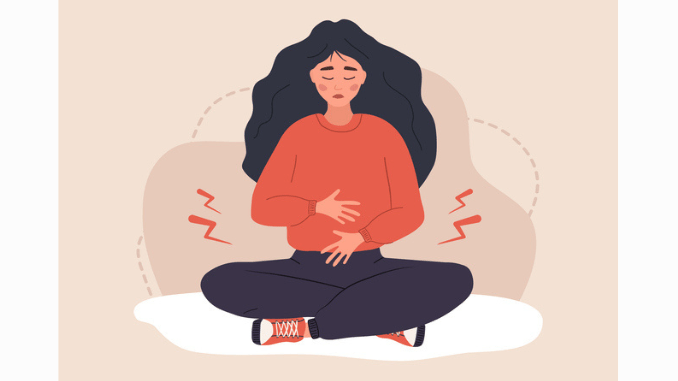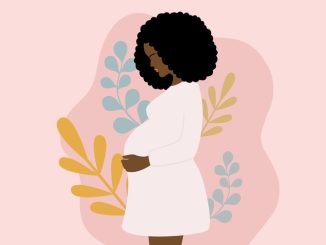As reported by The Department of Health and Social Care, from tackling menstrual problems to improving maternity care and supporting abuse victims, Health Secretary Victoria Atkins outlines the government’s 2024 priorities for women’s health at the Women’s Health Summit
Speaking at the Women’s Health Summit in central London to mark the second year of the landmark Women’s Health Strategy for England, Victoria Atkins said it would also prioritise improving maternity care and support for mothers who suffer birth trauma.
This follows a raft of successes over the strategy’s first 12 months, including reducing the cost of HRT for nearly half a million women, and the rollout of specialist women’s health hubs in every local health area. The strategy also championed the creation of a new dedicated women’s health section of the NHS website, providing updated information, advice and practical resources for women’s health across the life course.
The 2024 priorities were developed from responses to the government’s call for evidence from over 100,000 healthcare professionals, women’s health champions, members of the public and other stakeholders across the health sector. They are:
- better care for menstrual and gynaecological conditions - by rolling out women’s health hubs, producing new guidance for healthcare professionals, continuing to improve information and support for women suffering from painful heavy periods and endometriosis, and promoting easier access to contraception – which often plays a vital role in managing menstrual problems. The Office for National Statistics will investigate the impact of period problems and endometriosis on women’s participation and progress at work, improving our understanding to achieve reductions in diagnosis times
- expanding women’s health hubs – by delivering through our £25 million investment, the hubs will improve women’s access to care, improve health outcomes and reduce health inequalities. We are working towards the aim of establishing one fully functioning hub in every local area this year, enabling better access and quality of care in services for menstrual problems, contraception, pelvic pain, menopause care and more
- tackling disparities and improving support for vulnerable women including victims of sexual abuse and violence by ensuring training and support systems are working collaboratively and efficiently. This will include creating new models within the NHS to protect its staff. We will focus on improving the health of women in the justice system, by implementing the recommendations set out in the National Women’s Prison Health and Social Care Review
- bolstering maternity care, before during and after pregnancy – by continuing to deliver on NHS England’s 3-year delivery plan for maternity and neonatal services and ensuring women understand the care they can expect from the NHS during pregnancy and after giving birth. We will also be supporting women who suffer with birth trauma and ensure both mental and physical health are prioritised. A greater focus will be placed on preconception and postnatal care for women, raising awareness of morning sickness and actioning the recommendations set out in the Pregnancy Loss Review. Through the first ever National Institute for Health and Care Research (NIHR) ‘challenge’, backed by £50 million, researchers, policymakers and women will be tasked with finding new ways to tackle maternity disparities
- more research - a vital component to levelling up the playing field for women’s health. In addition to the NIHR challenge, we are building on the £53 million invested via the NIHR programmes and will continue to improve how women are represented in medical research through the NIHR research inclusion strategy




Be the first to comment